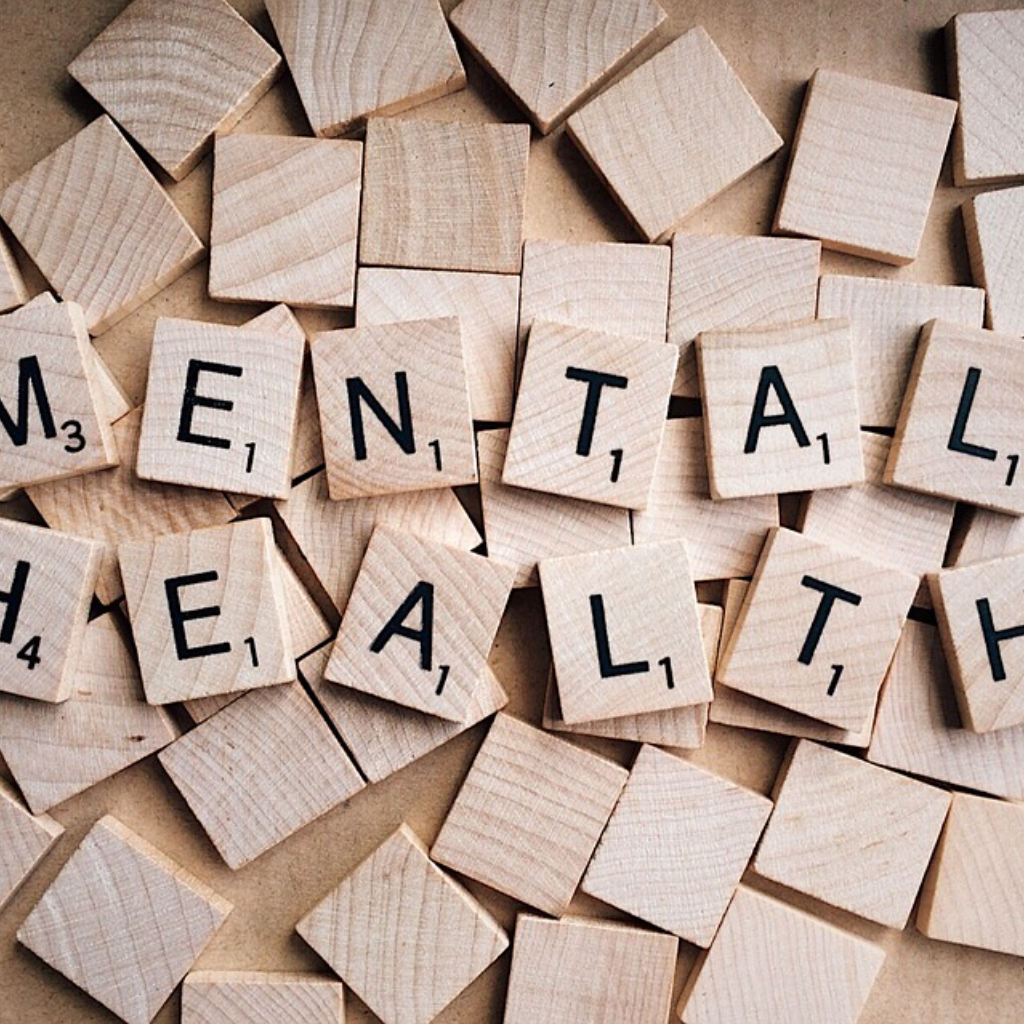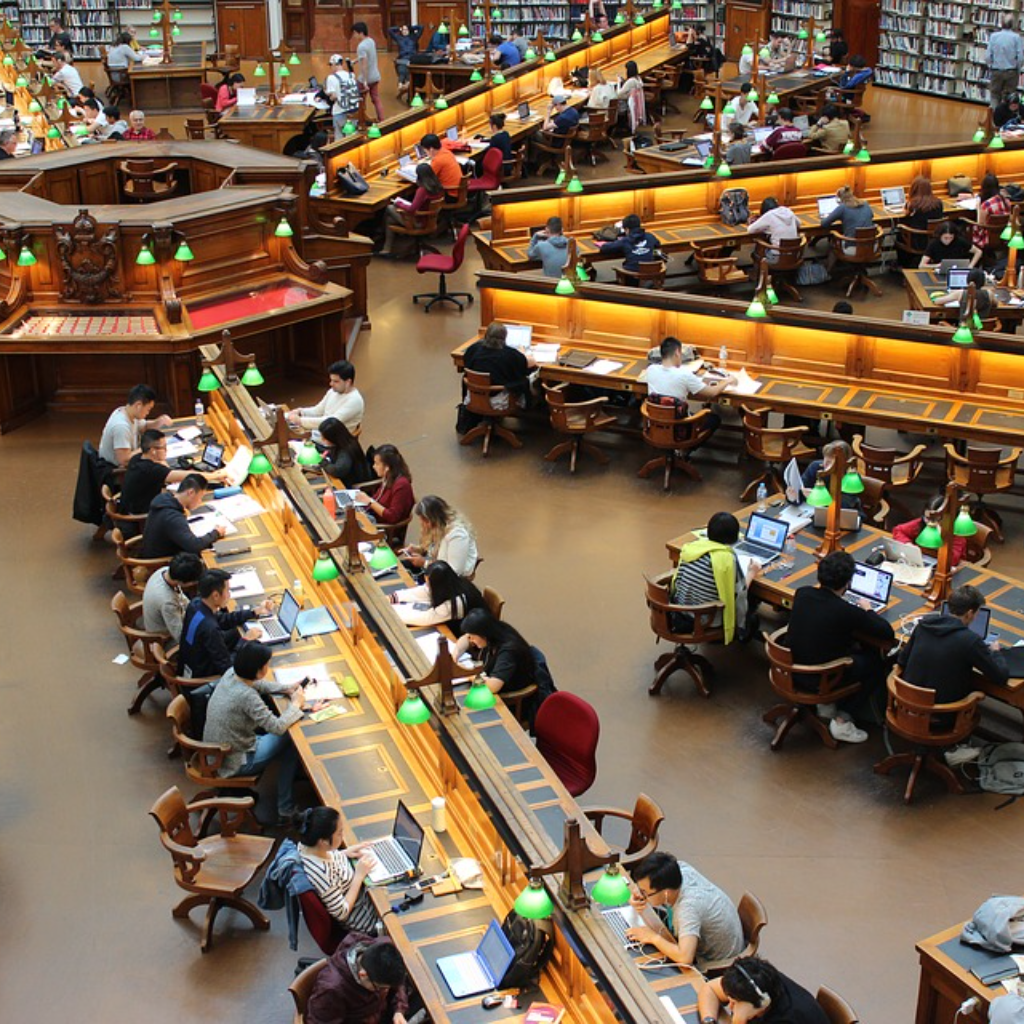Having been poorly on Wednesday last week, I was tucked up in bed and fast asleep when ‘Trans Kids: It’s Time To Talk’ aired at 10pm on Channel 4. And to be honest, having watched it now, with a clear head, I’m glad I didn’t stay up to watch it when it aired.
Please don’t get me wrong the programme has pockets of content that I applauded. However, I naively thought it may be a step forward compared to BBC 2’s ‘Transgender Kids: Who Knows Best?’. Sadly, I was wrong.
Interestingly the programme is presented and narrated by Stella O’Malley, a cisgender woman who lived for all intents and purposes, she says, as a boy when she was younger. Given that she has a vested interest, I actually think that her presentation and empathy was impressive given that she may be internally or could have been even more outwardly biased given her own experience of gender.
For this television programme, my issues were with how information was presented with yet again very little exploration, rather than with Stella O’Malley’s own agenda, bias or thoughts. This may be controversial for some. However, it could be argued that it doesn’t matter who presents something or what their own views are if they do not let this infiltrate their representation of the issues or topic at hand. There were snippets of time when you could clearly see Stella’s viewpoints, however to give credit where it is due, she appeared to want to learn more; a trait you don’t see often enough when it comes to those who disagree or disapprove of supporting trans or non binary children.
MISINFORMARTION AND A LACK OF CLARIFICATION
At the beginning Stella says, “if I’d lived 35 years later, I would have got those hormone treatments and I would have transitioned…without a doubt I would have transitioned”. She is in the pub with some friends and she seems concerned about this idea. My concern here is with the phrase ‘hormone treatments’. What Stella is referring to are hormone blockers. A reversible medication that can pause puberty and prevent or slow down the body’s development in a way some trans and non binary young people may not be able to relate with. For example, a trans boy may take hormone blockers to prevent or slow down the development of his breasts which would cause him great distress and only add to his gender dysphoria and have a negative impact on his mental health and wellbeing. Again, at this point, Channel4 does not explain to the audience that these medications are reversible and instead allow the general public to make assumptions, continuing the ideology that we ‘ship 1500 young people off for gender reassignment every year’. Let me be clear, we do not.
MENTAL HEALTH AND PUBERTY VS FEAR OF A CHANGE OF HEART
Stella goes on to say, “in a weird way those dark times were the making of me, I emerged as a woman and I’m glad I’m a woman…I can’t recognise that little boy that I once was”. Of course, this is Stella’s own personal experience and as a cisgender woman myself I can only imagine what it must have been like to go through what Stella has done. However, this idea that children should ride out the dark times which may or may not involve self-harm, suicidal ideation, suicide attempt, loneliness, self-hatred, isolation (I could go on) so they can emerge as a cisgender person is extremely troubling.
We should be supporting our young people who are trans and non binary. We should be listening to them, validating their feelings and be their anchor in their dark and turbulent times, now just let them get on with it until they emerge. What if they don’t emerge? What if they do emerge and they still feel they are trans and non binary and have gone years with very little support. I understand that Stella has her views and her own very personal and individual experience to which she is very much entitled to have of course. However, I am concerned that people may have watched this programme and are now thinking ‘oh well, these trans and non binary kids, they’ll just grow out of it like Stella did’.
What I liked was that Stella spoke with trans people herself, rather than just professionals working with them or their families. Having worked with over 70 trans and non binary young people it is really wonderful to hear when other people validate the feelings of those young people and for me too as their ‘fairy trans mother’ (as they used to call me!).

For Cole, a trans man who has been vlogging on YouTube for years, he felt that he didn’t mind about the unknown long-term risks of testosterone (if there are any) and simply told Stella “because of my quality of life compared to before, I’m okay with being a guinea pig”. This is further reinforced by Debbie, an older trans woman, who transitioned later in life. When asked by Stella if she felt delaying gender transition was any easier than transitioning in childhood, Debbie simply said I’ve had a “good career as a teacher, but psychologically my mental health was getting worse and worse”.
What I have seen working directly with trans and non binary young people over a three year period and what we hear here from Cole and Debbie is that their quality of life was poor before they transitioned. To be honest, that is probably putting it lightly; they were unhappy, maybe depressed and perhaps suicidal. It is for these reasons that when Stella says “it will mean a lifetime of medication and for me that doesn’t seem liberating at all” I must whole heartedly disagree with her.
PROFESSIONALS DON’T ASK CHILDREN IF THEY WANT TO BE A BOY OR GIRL WITHOUT FIRST BEING TOLD THAT BY A CHILD
Kenny another trans man tells Stella he wasn’t really told what to expect and he had no clue what was happening, he was just sent from doctor appointment to doctor appointment. In fact, he says “when I was young, I was lost but I knew how I felt, it is what dragged me through my transition”. Although I do not know the exact facts here, from my experience of working with medical professionals I think the lack of information given would have been because the GPs or other medical professionals themselves didn’t know. Stella’s response to this was to suggest that kids are being told “there is another option, do you want to be a boy. Jesus that’s not the question to ask”.
I want to be very clear here. This, from my experience and so many other people that I have worked with, simply isn’t the case! Many of the young people I worked with told me their GP and other medical professionals wouldn’t take them seriously about their feelings about gender or tried to tell them to think more about it before being referred to see a specialist. Let’s not forget the current wait from point of referral to seeing a specialist is now 18 months. Our young people who often feel extremely low, lack self confidence and feel isolated have to wait long enough!

The most concerning part of this programme were the academics that Stella spoke with. Don’t get me wrong here, I think everyone should have the opportunity to have their voices heard. However, once again we saw two academics who could not give reasons or evidence of why they think the way they do or provided misinformation. For example, one academic said that he rejects the ‘affirmative approach’ of gender which is based on the model used in the United States. For him, we are apparently seeing a move towards this in the UK, where apparently people can go to just a few appointments and then receive permanent medical intervention. For me this is scaremongering. We simply do not see this model at the Tavistock and Portman Gender Identity Development Service (GIDS) which is the only place in England and Wales that support transgender and non binary children under 18 years old. This isn’t what happens for our children.
LET’S BUST SOME MYTHS
Our children aren’t eligible for permanent medical intervention i.e. cross sex hormones such as oestrogen or testosterone until they reach at least 16 years old. In order for this to happen, they will have to wait three and a half years from point of referral which means being referred in at the age of 12 and half years old. Most of the young people I referred to GIDS were at least 13 if not 14 or 15 years old and therefore they will not receive cross sex hormones until they get to adult services – if of course this is what they would like. This is yet another example of scaremongering and presenting factually incorrect information. Even if this academic was referring to the adult care pathway, this was not made clear in this programme, which only continues the misinformation we are seeing and the increasing divide in what is becoming a toxic ‘debate’.
The other academic used phrases such as “to actually set the child along a path where its at odd with its own body…we are carrying out an experiment on children and their bodies which is not backed by evidence”. My first thought here is, is anyone actually doing this? Of course, I am not all knowing. However, of the trans and non binary young people I worked with not a single parent, carer, friend, family member or professional had talked to the young person about being trans or non binary before the young person opened up about it themselves. In fact, many friends and family had become withdrawn, not wanting to talk about it or, disowning the young person all together. In my mind, that is certainly the exact opposite of setting a child along a path to something. Furthermore, many professionals were hesitant, said it was a phase and even where they were supportive weren’t sure what to do next. And where these professionals worked at GIDS they were thorough and almost at times gate keeping in terms of moving treatment forward. If this is a social experiment, to me it is one to test the resilience of our young people where they are dismissed, ignored or told to wait even longer which has a negative impact on their mental health.

Stella talks about how no charities supporting trans and non binary young people would engage with the documentary. Do you blame them? The ‘debate’ if we can even call it that, has become so toxic and vile. This is also clearly shown through the footage of the event that drew trans exclusionary radical feminists to a talk on gender, which in turn attracted trans and non binary inclusive protestors. I found this footage deeply upsetting. Certainly, it shows the darker side of the toxic and vile way in which we now discuss trans and non binary people and their rights. Those protesting that trans women are women were shown to say to one of the speakers “You are full of hate speech, you don’t have rights” and of course this is not okay. However, neither is one of the speakers saying to the police “they are boys and girls, although some of the call themselves non binary apparently”. The flippant use of this term and the body language and tone that went with it was simply appalling. Both of these examples aren’t acceptable. So where do we go from here?
A GLIMMER OF HOPE…PERHAPS?
I recently attended a public lecture from the brilliant Baroness Shami Chakrabarti at Loughborough University and organised in partnership with Equality Action. When I asked her a question about the current representation of trans women and the hate we are seeing, Shami said she felt trans women are women. This was wonderful to hear. What interested me more though, was her book ‘Of Women in the Twenty-First Century’ where she talks about the polarized opinions, we are seeing about trans women and says “but surely neither should be reviled and shut down as long as the debate is conducted in a spirit of mutual respect rather than one of vilification and abuse”. This resonated so much with me, especially after watching this programme. Perhaps we could all learn a thing or two from Shami’s thoughts here?
Today I am going to end by talking about the ending. For Stella to say in the last 30 seconds of the programme, “I think they are lost and I think they are being led” is very troubling. Not just for me as an advocate for trans and non binary young people but more importantly for the thousands of trans kids who socially transition, may or may not medically transition as an adult and then are the happiest they can be. Let’s be frank, its hard being trans or non binary, even when you get to the end of your transition (whatever that looks like for you) – and programmes like this, even with its good points are only making it harder.